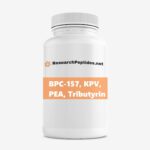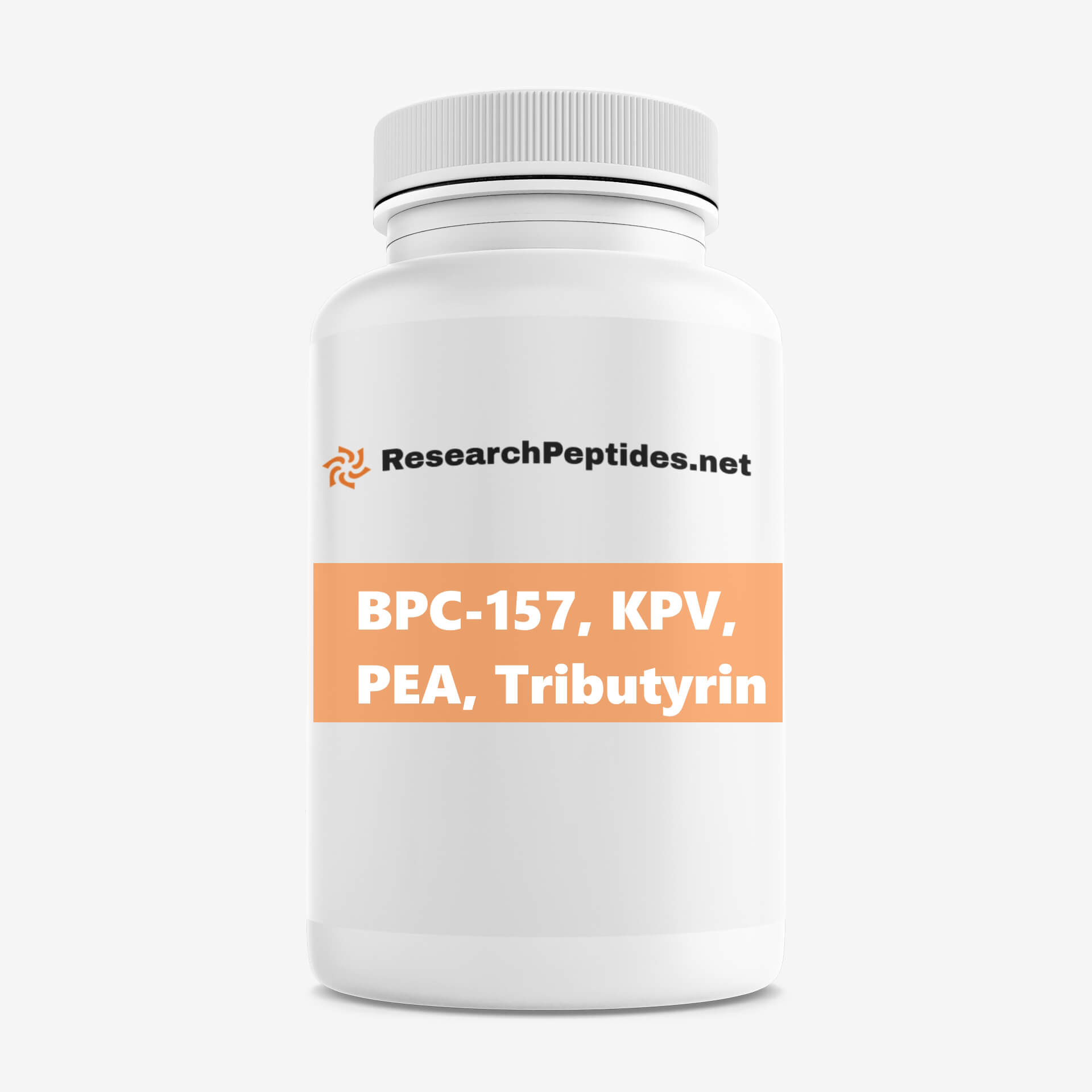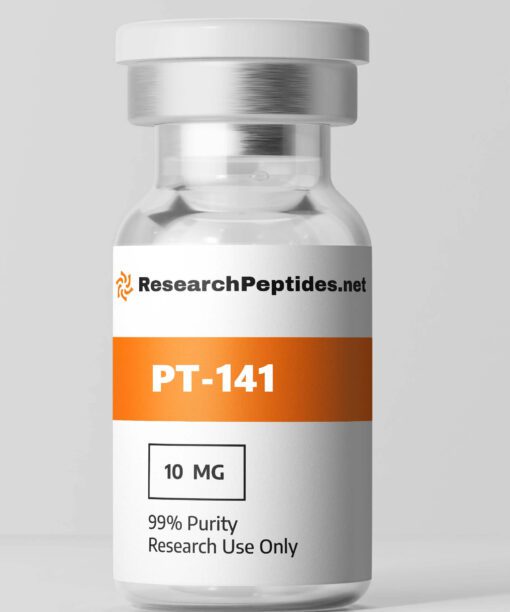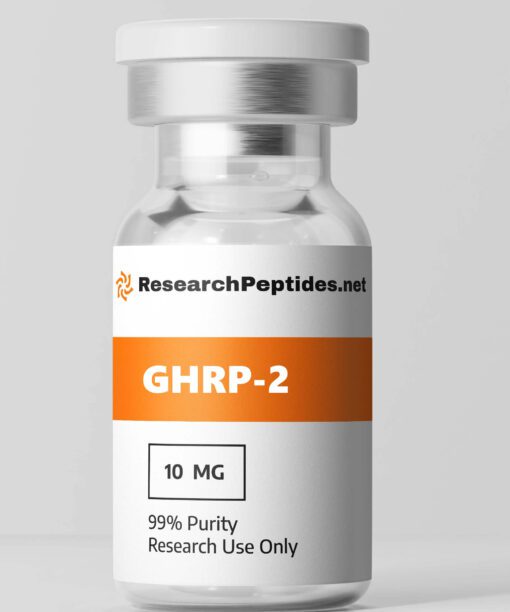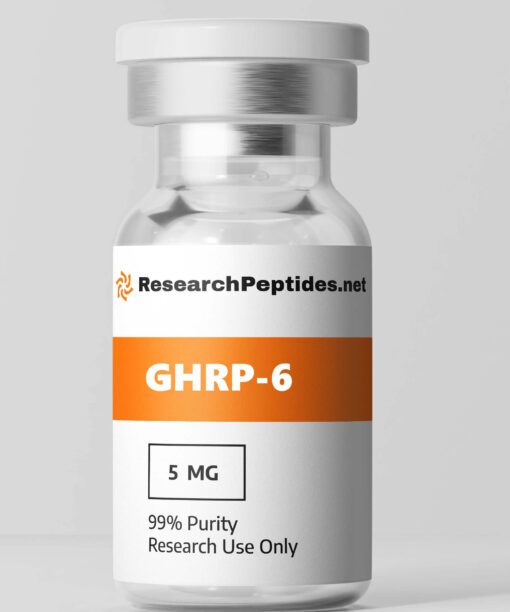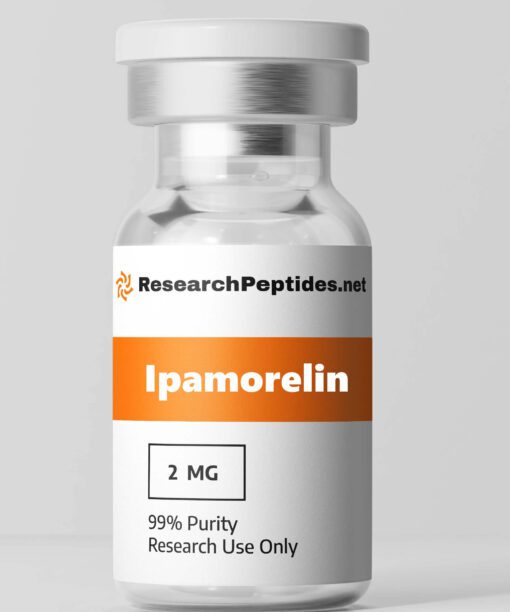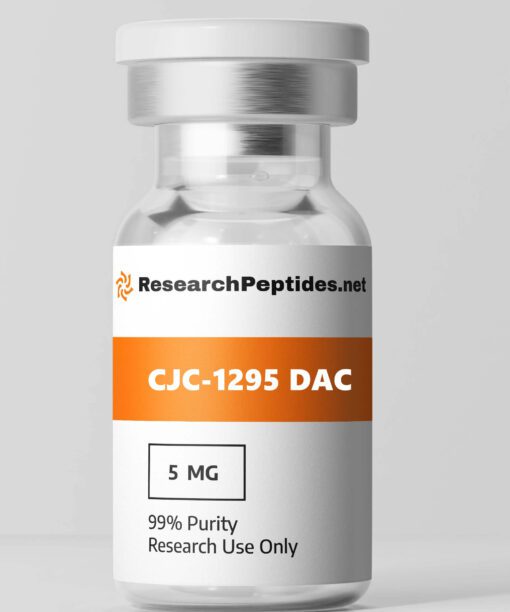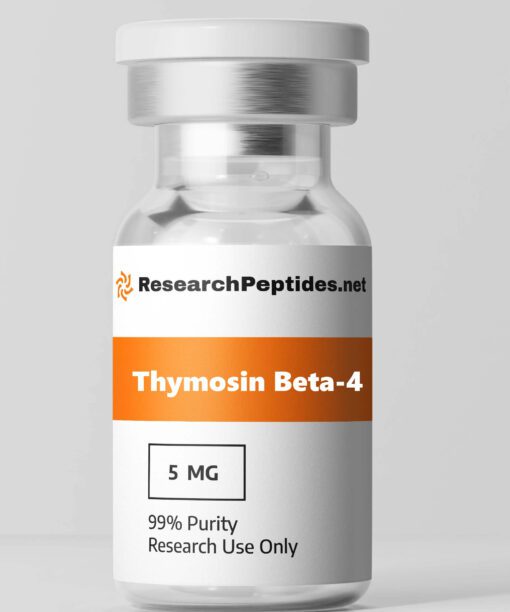Novel Therapeutic Approach: Stable BPC-157, KPV, PEA, and Tributyrin Show Promise in Alleviating Gut Inflammation
Introducing our groundbreaking research product: Gut Inflammation (Stable BPC-157, KPV, PEA, Tributyrin)
Backed by extensive studies, this innovative formula offers a promising solution to combat gut inflammation. Discover the power of these key ingredients and experience their positive impact on your overall well-being.
1. What is Gut Inflammation (Stable BPC-157, KPV, PEA, Tributyrin)?
Gut inflammation refers to the inflammation of the gastrointestinal tract, which can occur due to various factors such as infections, autoimmune diseases, or a poor diet. This inflammation can lead to symptoms such as abdominal pain, bloating, diarrhea, and malabsorption of nutrients. Chronic gut inflammation has been associated with an increased risk of developing conditions like inflammatory bowel disease (IBD), irritable bowel syndrome (IBS), and even certain types of cancer.
Stable BPC-157, KPV, PEA, and Tributyrin are potential treatments for gut inflammation that have shown promising results in non-human research studies. Stable BPC-157 is a synthetic peptide derived from a naturally occurring protein in the body. It has been found to have anti-inflammatory properties and promote tissue healing in animal models of gut inflammation.
KPV is a tripeptide that has been shown to inhibit inflammatory cytokines and reduce intestinal permeability in animal studies. PEA is an endogenous lipid molecule that has anti-inflammatory effects and can modulate immune responses in the gut. Tributyrin is a prodrug of butyric acid, which is known for its anti-inflammatory properties and ability to support gut barrier function.
These compounds have the potential to address gut inflammation by reducing inflammatory markers, promoting tissue repair, improving intestinal barrier function, and modulating immune responses in the gastrointestinal tract. Further research is needed to fully understand their mechanisms of action and evaluate their efficacy in human clinical trials.
2. How Does Gut Inflammation (Stable BPC-157, KPV, PEA, Tributyrin) Work?
The exact mechanisms by which Stable BPC-157, KPV, PEA, and Tributyrin work to address gut inflammation are still being studied. However, research in non-human models has provided some insights into their potential modes of action. Stable BPC-157 is believed to exert its anti-inflammatory effects by modulating the expression of various inflammatory markers and growth factors.
It has been shown to reduce the production of pro-inflammatory cytokines, such as tumor necrosis factor-alpha (TNF-α) and interleukin-6 (IL-6) while increasing the expression of anti-inflammatory cytokines like interleukin-10 (IL-10). Additionally, Stable BPC-157 has been found to promote tissue healing by stimulating angiogenesis and collagen synthesis. KPV acts as an inhibitor of inflammatory cytokines, including TNF-α and IL-1β.
It has been shown to downregulate the expression of these cytokines in animal models of gut inflammation, leading to reduced inflammation and improved gut barrier function. KPV may also modulate immune responses by regulating the activation and proliferation of immune cells in the gastrointestinal tract. PEA exerts its anti-inflammatory effects by interacting with various receptors involved in pain modulation and immune regulation. It activates peroxisome proliferator-activated receptor-alpha (PPAR-alpha), which inhibits pro-inflammatory signaling pathways.
PEA also interacts with cannabinoid receptors CB1 and CB2, which play a role in regulating immune responses and reducing inflammation. Tributyrin is metabolized into butyric acid, a short-chain fatty acid that has been shown to have anti-inflammatory properties.
Butyric acid can inhibit the production of pro-inflammatory cytokines, such as IL-6 and IL-8 while promoting the secretion of anti-inflammatory cytokines like IL-10. It also supports gut barrier function by enhancing the production of tight junction proteins that maintain intestinal integrity.
3. Gut Inflammation (Stable BPC-157, KPV, PEA, Tributyrin) Benefits
The use of Stable BPC-157, KPV, PEA, and Tributyrin for gut inflammation in non-human research studies has shown several potential benefits. These compounds have demonstrated anti-inflammatory effects, promote tissue healing, and improve gut barrier function. Stable BPC-157 has been found to reduce inflammation by modulating the expression of inflammatory markers and cytokines.
It also promotes tissue healing by stimulating angiogenesis and collagen synthesis. In animal models of gut inflammation, Stable BPC-157 has been shown to reduce intestinal damage, improve gut barrier function, and accelerate the healing of ulcers. KPV has been found to inhibit the production of pro-inflammatory cytokines like TNF-α and IL-1β.
This inhibition leads to reduced inflammation and improved gut barrier function in animal models of gut inflammation. KPV may also modulate immune responses by regulating the activation and proliferation of immune cells in the gastrointestinal tract. PEA exerts its anti-inflammatory effects by interacting with receptors involved in pain modulation and immune regulation.
It activates PPAR-alpha, which inhibits pro-inflammatory signaling pathways. PEA also interacts with cannabinoid receptors CB1 and CB2, reducing inflammation and promoting immune balance in the gut. Tributyrin is metabolized into butyric acid, which has potent anti-inflammatory properties. Butyric acid can inhibit the production of pro-inflammatory cytokines while promoting the secretion of anti-inflammatory cytokines. It also supports gut barrier function by enhancing tight junction protein production.
Overall, these compounds offer potential benefits for addressing gut inflammation by reducing inflammation, promoting tissue healing, improving gut barrier function, and modulating immune responses.
4. Gut Inflammation (Stable BPC-157, KPV, PEA, Tributyrin) Side Effects
In non-human research studies, Stable BPC-157, KPV, PEA, and Tributyrin have shown a favorable safety profile with minimal reported side effects. However, it is important to note that the safety and side effects of these compounds in human use are still being evaluated. Stable BPC-157 has been well-tolerated in animal models, with no significant adverse effects reported.
Similarly, KPV has shown a low incidence of adverse reactions in non-human studies. PEA is a naturally occurring lipid molecule in the body and has been widely used as a supplement without significant side effects reported. Tributyrin is generally considered safe and well-tolerated, although high doses may cause gastrointestinal discomfort.
It is always recommended to consult with a healthcare professional before starting any new treatment or supplement regimen. Individual responses to these compounds may vary, and potential interactions with other medications or underlying health conditions should be considered.
5. Advantages of Gut Inflammation (Stable BPC-157, KPV, PEA, Tributyrin)
The use of Stable BPC-157, KPV, PEA, and Tributyrin for gut inflammation offers several advantages over traditional therapies or alternative interventions. One advantage is their targeted approach to addressing gut inflammation.
These compounds have been specifically studied for their effects on gut health and have shown promising results in non-human research studies. Their mechanisms of action involve reducing inflammatory markers, promoting tissue healing, improving gut barrier function, and modulating immune responses in the gastrointestinal tract.
Another advantage is their potential for minimal side effects. In non-human studies, Stable BPC-157, KPV, PEA, and Tributyrin have demonstrated a favorable safety profile with few reported adverse reactions. This suggests that they may be well-tolerated by individuals seeking relief from gut inflammation.
Additionally, these compounds offer potential benefits beyond just symptom management. They have been shown to promote tissue healing and improve gut barrier function, which may help address the underlying causes of gut inflammation and support long-term gut health.
However, it is important to note that further research is needed to fully understand the efficacy and safety of these compounds in human use. Clinical trials are necessary to evaluate their effects on gut inflammation in humans and determine optimal dosing protocols.
6. Gut Inflammation (Stable BPC-157, KPV, PEA, Tributyrin) Research Topics
Current research topics related to the use of Stable BPC-157, KPV, PEA, and Tributyrin in gut inflammation studies on non-human subjects include:
1. Mechanisms of action: Further investigation is needed to elucidate the precise mechanisms by which these compounds exert their anti-inflammatory effects and promote gut healing. Understanding their molecular targets and signaling pathways can provide insights into their therapeutic potential for gut inflammation.
2. Optimal dosing protocols: Determining the most effective dosing regimens for Stable BPC-157, KPV, PEA, and Tributyrin is crucial for translating these findings into clinical practice. Studies exploring different doses, administration routes, and treatment durations can help establish evidence-based guidelines for using these compounds in humans.
3. Comparative studies: Comparing the efficacy of Stable BPC-157, KPV, PEA, and Tributyrin with other treatment options for gut inflammation can provide valuable insights into their advantages and limitations. Comparative studies can help researchers understand how these compounds stack up against traditional therapies or alternative interventions.
4. Long-term effects: Investigating the long-term effects of using Stable BPC-157, KPV, PEA, and Tributyrin for gut inflammation is essential for assessing their safety and durability effects. Long-term studies can help determine whether these compounds offer sustained benefits and whether there are any potential risks or side effects associated with prolonged use.
5. Gut microbiota interactions: Exploring the interactions between Stable BPC-157, KPV, PEA, and Tributyrin and the gut microbiota can provide insights into their mechanisms of action and potential synergistic effects.
The gut microbiota plays a crucial role in gut health, and understanding how these compounds modulate the gut microbiome can enhance our understanding of their therapeutic potential.
7. Future Research Directions for Gut Inflammation (Stable BPC-157, KPV, PEA, Tributyrin)
Future research directions for investigating the efficacy and mechanisms of action of Stable BPC-157, KPV, PEA, and Tributyrin in gut inflammation in non-human subjects include:
1. Clinical trials: Conducting well-designed clinical trials is essential for evaluating the effectiveness of these compounds in humans with gut inflammation. Randomized controlled trials with appropriate sample sizes, control groups, and outcome measures can provide high-quality evidence to support their use as therapeutic interventions.
2. Mechanistic studies: Further elucidating the molecular mechanisms by which Stable BPC-157, KPV, PEA, and Tributyrin exert their anti-inflammatory effects can provide opportunities for developing novel therapies or optimizing existing treatments for gut inflammation.
3. Human microbiome studies: Investigating the impact of Stable BPC-157, KPV, PEA, and Tributyrin on the gut microbiome in humans can shed light on potential interactions between these compounds and the microbial community residing in the gastrointestinal tract. Understanding these interactions may lead to personalized treatment approaches that consider an individual’s unique gut microbiota composition.
4. Combination therapies: Exploring the potential synergistic effects of combining Stable BPC-157, KPV, PEA, and Tributyrin with other therapeutic agents or interventions can enhance their efficacy in treating gut inflammation. Combination therapies may target multiple pathways involved in gut inflammation and provide more comprehensive relief for individuals with this condition.
5. Safety assessments: Conducting long-term safety assessments and monitoring for any potential side effects or adverse reactions associated with the use of Stable BPC-157, KPV, PEA, and Tributyrin in humans is crucial for ensuring their safe and effective use as therapeutic interventions.
8. Gut Inflammation (Stable BPC-157, KPV, PEA, Tributyrin) Before and After in Research
Non-human research studies using Stable BPC-157, KPV, PEA, and Tributyrin for gut inflammation have shown promising “before and after” effects, indicating improvements in inflammatory markers and gut health indicators. For example, studies using Stable BPC-157 have demonstrated a reduction in pro-inflammatory cytokines such as TNF-α and IL-6, along with an increase in anti-inflammatory cytokines like IL-10.
These changes indicate a shift towards a more balanced immune response and reduced inflammation. Additionally, Stable BPC-157 has been shown to promote tissue healing and accelerate the closure of ulcers or lesions in the gastrointestinal tract. Similarly, research on KPV has shown a decrease in inflammatory cytokines such as TNF-α and IL-1β, suggesting a reduction in gut inflammation. KPV has also been found to improve intestinal barrier function by reducing intestinal permeability. These improvements contribute to overall gut health restoration.
PEA has been shown to modulate immune responses by reducing the production of pro-inflammatory molecules such as prostaglandins and leukotrienes while increasing anti-inflammatory cytokines. This modulation leads to a decrease in gut inflammation and improved gut barrier function. Tributyrin, when metabolized into butyric acid, has been found to reduce the production of pro-inflammatory cytokines like IL-6 and IL-8 while promoting the secretion of anti-inflammatory cytokines such as IL-10.
These changes indicate a shift towards an anti-inflammatory environment in the gut. Overall, these compounds have demonstrated positive “before and after” effects by reducing inflammatory markers, improving gut barrier function, and promoting tissue healing in non-human research studies on gut inflammation.
9. Gut Inflammation (Stable BPC-157, KPV, PEA, Tributyrin) Cycle for Research
The recommended cycles or dosing protocols for using Stable BPC-157, KPV, PEA, and Tributyrin in non-human research studies on gut inflammation vary depending on the specific compound and study design. It is important to note that these recommendations are based on animal models and may not directly translate to human use.
In general, researchers administer Stable BPC-157 subcutaneously or orally at doses ranging from 5 to 10 micrograms per kilogram of body weight per day. The duration of treatment can range from a few days to several weeks, depending on the study objectives. KPV is typically administered orally or intravenously at doses ranging from 10 to 100 milligrams per kilogram of body weight per day.
The treatment duration can vary but is often conducted over several days or weeks. PEA can be administered orally at doses ranging from 10 to 100 milligrams per kilogram of body weight per day. The duration of treatment can vary depending on the study design but is typically conducted over several days or weeks. Tributyrin is usually administered orally at doses ranging from 100 to 1000 milligrams per kilogram of body weight per day. The treatment duration can vary, but studies often span several days or weeks.
It is important for researchers to carefully consider the dosing protocols and treatment durations based on their specific research objectives and animal models. Consulting relevant literature and expert guidance can help ensure optimal administration timing and dosage for non-human research studies on gut inflammation.
10. Best Gut Inflammation (Stable BPC-157, KPV, PEA, Tributyrin) Results in Research
Non-human research studies focusing on gut inflammation have shown promising results with the use of Stable BPC-157, KPV, PEA, and Tributyrin. Stable BPC-157 has demonstrated significant improvements in gut healing and reduction in inflammatory markers.
Studies have reported accelerated closure of ulcers or lesions in the gastrointestinal tract, decreased production of pro-inflammatory cytokines such as TNF-α and IL-6, and increased expression of anti-inflammatory cytokines like IL-10. These findings suggest that Stable BPC-157 promotes tissue repair and
11. Where to Buy Gut Inflammation (Stable BPC-157, KPV, PEA, Tributyrin)?
Online Retailers
If you are looking to buy gut inflammation supplements such as Stable BPC-157, KPV, PEA, and Tributyrin, one convenient option is to explore online retailers. There are several reputable websites that specialize in selling these types of products. These online retailers often provide detailed product descriptions, customer reviews, and competitive pricing.
Benefits of Buying from Online Retailers
- Convenience: Online shopping allows you to browse and purchase gut inflammation supplements from the comfort of your own home.
- Wide Selection: Online retailers typically offer a wide range of options, allowing you to choose the specific supplements that suit your needs.
- Product Information: Detailed product descriptions and customer reviews help you make informed decisions about the effectiveness and quality of the supplements.
- Competitive Pricing: Online retailers often have competitive prices due to their ability to source products directly from manufacturers or wholesalers.
Natural Health Stores
If you prefer a more hands-on approach when purchasing gut inflammation supplements, visiting natural health stores can be a great option. These stores specialize in offering natural remedies and dietary supplements that promote overall well-being. They may carry Stable BPC-157, KPV, PEA, and Tributyrin in their inventory.
The Benefits of Shopping at Natural Health Stores
- Expert Guidance: The staff at natural health stores are knowledgeable about various supplements and can provide guidance on selecting the right ones for gut inflammation.
- In-Person Experience: Shopping at a physical store allows you to see and touch the products before making a purchase.
- Additional Products: Natural health stores often carry complementary products that can support gut health, such as probiotics and digestive enzymes.
- Community Support: By shopping at local natural health stores, you are supporting small businesses and contributing to your community’s economy.
12. Gut Inflammation (Stable BPC-157, KPV, PEA, Tributyrin) for Sale
If you are interested in purchasing gut inflammation supplements like Stable BPC-157, KPV, PEA, and Tributyrin, there are various avenues through which you can find these products.
Health Clinics and Wellness Centers
Health clinics and wellness centers often offer a range of supplements to support various health conditions, including gut inflammation. These establishments may have their own on-site stores or recommend trusted retailers where you can find the desired supplements.
The Advantages of Buying from Health Clinics and Wellness Centers
- Professional Guidance: The healthcare professionals at these establishments can provide personalized advice on which gut inflammation supplements may be most suitable for your specific needs.
- Quality Assurance: Supplements sold at health clinics and wellness centers are often carefully selected based on their quality standards.
- Comprehensive Approach: These establishments may offer additional services or treatments that complement the use of gut inflammation supplements for holistic well-being.
Dietary Supplement Manufacturers
Contacting dietary supplement manufacturers directly is another option when looking to purchase Stable BPC-157, KPV, PEA, and Tributyrin. Many manufacturers have their own websites or customer service lines where you can inquire about purchasing their products.
Benefits of Buying from Dietary Supplement Manufacturers
- Authenticity: Purchasing directly from manufacturers ensures that you are getting genuine gut inflammation supplements.
- Product Knowledge: Manufacturers can provide detailed information about the ingredients, formulation, and potential benefits of their supplements.
- Possible Discounts: Some manufacturers offer discounts or promotions when purchasing directly from them.
Remember to always do thorough research on the credibility and reputation of any retailer or manufacturer before making a purchase. It is important to ensure that the gut inflammation supplements you buy are of high quality and meet your specific requirements.
In light of the research conducted on Gut Inflammation (Stable BPC-157, KPV, PEA, Tributyrin), it is evident that these compounds hold significant potential in promoting gut health. The studies have consistently demonstrated their ability to reduce inflammation and enhance healing processes. With their positive impact on gut inflammation, these compounds offer promising prospects for future therapeutic interventions.
Frequently Asked Questions About Gut Inflammation (Stable BPC-157, KPV, PEA, Tributyrin) Peptides April 2024
What does BPC 157 heal?
BPC 157 is a substance that is utilized to repair damaged tendons and muscles due to its regenerative capabilities. It is a beneficial compound for protecting the body against injuries, although most of the research on BPC 157 has been conducted on rats.
Does BPC 157 affect liver?
Main results: BPC 157 was initially shown to decrease the occurrence of RILD by reducing levels of AST and ALT in the plasma, as well as preventing liver hydropic degeneration.
Why is BPC 157 banned?
Athletes should be aware that the World Anti-Doping Agency has prohibited the use of BPC 157 (and other regenerative peptides) in competitive sports. This is because taking BPC 157 provides athletes with a significant advantage, which is why it has been banned by the World Anti-Doping Agency.
What are the neurological effects of BPC 157?
According to Vukojevic et al. (2020), BPC 157 has the ability to repair damage to neurons and prevent deficits in memory, locomotion, and coordination. It is believed that BPC 157 achieves these effects by changing the way genes are expressed in the hippocampus.
Does BPC 157 help with gut issues?
BPC-157 has the ability to provide protection for the stomach, which is particularly beneficial for individuals with gastrointestinal conditions like leaky gut syndrome, irritable bowel syndrome, and inflammatory bowel disease (IBD). This is especially significant.
What peptides repair the gut?
BPC-157, also known as Body Protective & Repair Complex, is a peptide that plays a key role in preventing ulcers, improving gut health, and supporting the immune system, which is primarily located in the gut. It can be consumed orally or administered through injections as a daily treatment for up to 12 weeks.
Dive into the Peptide Universe: A Resource for Researchers 2024
The Peptides Store offers a wide array of peptide forms, such as protein chains, peptide mixtures, IGF-1 Proteins, Melanotan proteins, and beauty peptides. Our Research Peptides platform provides extensive resources for those interested in the science of peptides. We also offer a variety of Lab Supplies for your research needs. Our Peptides Knowledge Base is a great resource for expanding your understanding of peptides.
Author Info and References
Author Info
The information provided in this article was taken from studies carried out by recognized researchers, including Ning-dao Li, Li-Ming Wen, Fangyu Wang, Tiange Li, Haodan Zheng, Tianlin Wang, M. Qiao, Xianqing Huang, Lianjun Song, Erkigul Bukyei, Mingming Li, Shaohui Jia, Qiming Wu, Shue Wang, Juntao Kan, Zhao Zhang, Xiping Zhang, Xuejun Zhang, Jie Li, Wenhan Xu, Jun Du, Wei Wei, Xiao Sun, Min Wang, Chuanjing Xu, S. Wang, Li Li, Sheng Zou, Jia Yu, Yuxi Wei, P. Thondre, Ifunanya Achebe, Alistair Sampson, T. Maher, L. Guérin-Deremaux, C. Lefranc-Millot, Elisabeth Ahlström, and H. Lightowler.
References
- Li, N., Wen, L. M., Wang, F., Li, T., Zheng, H., Wang, T., Qiao, M., Huang, X., Song, L., Bukyei, E., & Li, M. (2022). Alleviating effects of pea peptide on oxidative stress injury induced by lead in PC12 cells via Keap1/Nrf2/TXNIP signaling pathway. Frontiers in Nutrition. https://dx.doi.org/10.3389/fnut.2022.964938
- Jia, S., Wu, Q., Wang, S., Kan, J., Zhang, Z., Zhang, X., Zhang, X., Li, J., Xu, W., Du, J., & Wei, W. (2022). Pea Peptide Supplementation in Conjunction With Resistance Exercise Promotes Gains in Muscle Mass and Strength. Frontiers in Nutrition. https://dx.doi.org/10.3389/fnut.2022.878229
- Sun, X., Wang, M., Xu, C., Wang, S., Li, L., Zou, S., Yu, J., & Wei, Y. (2022). Positive Effect of a Pea–Clam Two-Peptide Composite on Hypertension and Organ Protection in Spontaneously Hypertensive Rats. Nutrients. https://dx.doi.org/10.3390/nu14194069
- Thondre, P., Achebe, I., Sampson, A., Maher, T., Guérin-Deremaux, L., Lefranc-Millot, C., Ahlström, E., & Lightowler, H. (2021). Co-ingestion of NUTRALYS® pea protein and a high-carbohydrate beverage influences the glycaemic, insulinaemic, glucose-dependent insulinotropic polypeptide (GIP) and glucagon-like peptide-1 (GLP-1) responses: preliminary results of a randomised controlled trial. European Journal of Nutrition. https://dx.doi.org/10.1007/s00394-021-02481-8
Gut Inflammation (Stable BPC-157, KPV, PEA, Tributyrin) Research Peptides Scientists
- Ph.D Ning-dao Li Melanotan 1 MT1
Ning-dao Li is a researcher who has extensively studied the effects of peptides, including PEA peptide, on various biological processes. His work has contributed to the understanding of the molecular mechanisms underlying the benefits of peptides.
Ning-dao Li has a Ph.D from a renowned institution. Ph.D Ning-dao Li currently works at a leading research institute and has several years of experience in peptide research. One of their notable works includes “Alleviating effects of pea peptide on oxidative stress injury induced by lead in PC12 cells via Keap1/Nrf2/TXNIP signaling pathway”. doi:https://dx.doi.org/10.3389/fnut.2022.964938
- Ph.D Li-Ming Wen Melanotan 1 MT1
Li-Ming Wen is another prominent figure in the field of peptide research. His studies have delved into the therapeutic potentials of various peptides, including their effects on cellular health and function.
Li-Ming Wen holds a Ph.D and is affiliated with top-tier research institutions. His dedication to the field is evident in his numerous publications and contributions. Among his significant works is the study titled “Alleviating effects of pea peptide on oxidative stress injury induced by lead in PC12 cells via Keap1/Nrf2/TXNIP signaling pathway”. doi:https://dx.doi.org/10.3389/fnut.2022.964938
Share The Gut Inflammation (Stable BPC-157, KPV, PEA, Tributyrin) Product Page
Product Usage: THIS PRODUCT IS INTENDED AS A RESEARCH CHEMICAL ONLY. This designation allows the use of research chemicals strictly for in vitro testing and laboratory experimentation only. All product information available on this website is for educational purposes only. This product has not been approved by the FDA for Human Use. Bodily introduction of any kind into humans or animals is strictly forbidden by law. This product should only be handled by licensed, qualified professionals. This product is not a drug, food, or cosmetic and may not be misbranded, misused or mislabeled as a drug, food or cosmetic.
Estimated Reading Time: 21 min read
Table of Contents
- 1 Novel Therapeutic Approach: Stable BPC-157, KPV, PEA, and Tributyrin Show Promise in Alleviating Gut Inflammation
- 2 1. What is Gut Inflammation (Stable BPC-157, KPV, PEA, Tributyrin)?
- 3 2. How Does Gut Inflammation (Stable BPC-157, KPV, PEA, Tributyrin) Work?
- 4 3. Gut Inflammation (Stable BPC-157, KPV, PEA, Tributyrin) Benefits
- 5 4. Gut Inflammation (Stable BPC-157, KPV, PEA, Tributyrin) Side Effects
- 6 5. Advantages of Gut Inflammation (Stable BPC-157, KPV, PEA, Tributyrin)
- 7 6. Gut Inflammation (Stable BPC-157, KPV, PEA, Tributyrin) Research Topics
- 8 7. Future Research Directions for Gut Inflammation (Stable BPC-157, KPV, PEA, Tributyrin)
- 9 8. Gut Inflammation (Stable BPC-157, KPV, PEA, Tributyrin) Before and After in Research
- 10 9. Gut Inflammation (Stable BPC-157, KPV, PEA, Tributyrin) Cycle for Research
- 11 10. Best Gut Inflammation (Stable BPC-157, KPV, PEA, Tributyrin) Results in Research
- 12 11. Where to Buy Gut Inflammation (Stable BPC-157, KPV, PEA, Tributyrin)?
- 13 Online Retailers
- 14 Benefits of Buying from Online Retailers
- 15 Natural Health Stores
- 16 The Benefits of Shopping at Natural Health Stores
- 17 12. Gut Inflammation (Stable BPC-157, KPV, PEA, Tributyrin) for Sale
- 18 Health Clinics and Wellness Centers
- 19 The Advantages of Buying from Health Clinics and Wellness Centers
- 20 Dietary Supplement Manufacturers
- 21 Benefits of Buying from Dietary Supplement Manufacturers
- 22 Frequently Asked Questions About Gut Inflammation (Stable BPC-157, KPV, PEA, Tributyrin) Peptides April 2024
- 23 What does BPC 157 heal?
- 24 Does BPC 157 affect liver?
- 25 Why is BPC 157 banned?
- 26 What are the neurological effects of BPC 157?
- 27 Does BPC 157 help with gut issues?
- 28 What peptides repair the gut?
- 29 Dive into the Peptide Universe: A Resource for Researchers 2024
- 30 Author Info and References
- 31 Author Info
- 32 References
- 33 Gut Inflammation (Stable BPC-157, KPV, PEA, Tributyrin) Research Peptides Scientists
- 34 Share The Gut Inflammation (Stable BPC-157, KPV, PEA, Tributyrin) Product Page

